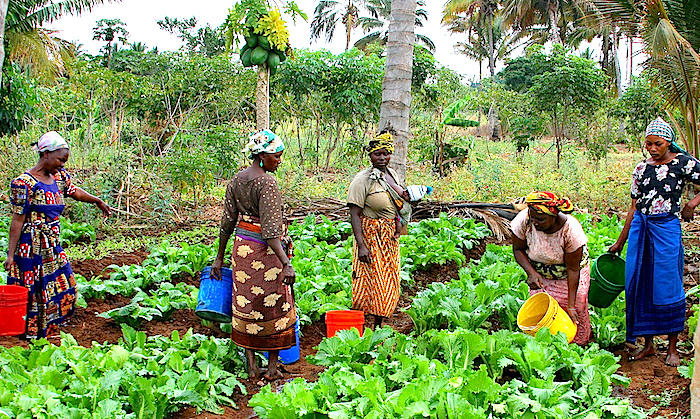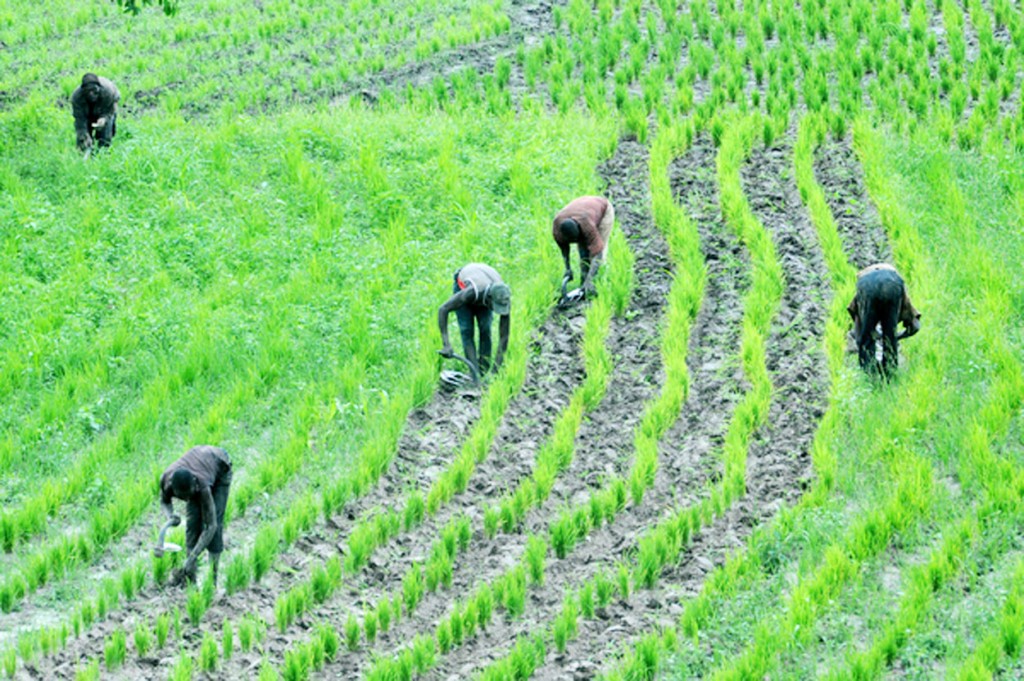Border Closure Saves Nigeria’s Poultry Industry N50b -NIAS Boss
According to Iyayi, the multiplier effect of the border closure has also reflected on the upsurge in the operations along the value chain with regards to supply of inputs, storage facilities, transportation/logistics and value addition.
He said that given Nigeria’s huge total feed output of 5.3 million metric tonnes in 2016, 80 per cent of the output was attributable to the poultry industry.
“With an estimated 180 million poultry population and annual output in excess of 700,000 metric tonnes of eggs, that is about 450 million crates of eggs and 300,000 metric tonnes of meat, one can only imagine the several hundreds of thousands.
“This is perhaps, with millions of direct and indirect jobs created by the industry in its entire value chain, in conjunction with its related ancillaries.
“It is indeed an almost endless web of commercial activities.
“These ranges from hatcheries, day-old chicks distribution, broiler/layer farming, broiler processing, poultry meat and egg retail shops, crop processing, raw materials supply, feed mill operations, feed distribution, among others, ” he said.
The registrar emphasised that the huge impact could, however, grow exponentially and be translated to more concrete economic gains and accelerated growth of the nation’s poultry industry.
According to him, the growth could go beyond the current estimated annual rate of 3.3 per cent, by taking total control of local market.
Iyayi said that it was clear that poultry sub-sector, the most commercialised of all the Nigeria’s agricultural sub-sectors with a current net worth of N1.6 trillion, will play a significant role in contributing to the current government’s effort to create 100 million jobs.
“Before the border closure, the poultry industry in the livestock sub-sector was badly hit.
“ Nigeria consumed about two million tonnes of poultry meat annually, 70 per cent of which was imported. Poultry meat was heavily smuggled into the country through our land borders.
“The imported products, often of lower quality, attracted lower prices. This led to the closure or down sizing of several poultry farms with consequential business and job losses along the poultry value chain.
“According to the Poultry Association of Nigeria (PAN) the closure of Nigeria’s border by the Federal Government is currently reducing smuggling of chicken into the country and will further cut this down by one million tonnes annually if the effort to stop smuggling is sustained,” Iyayi said.





